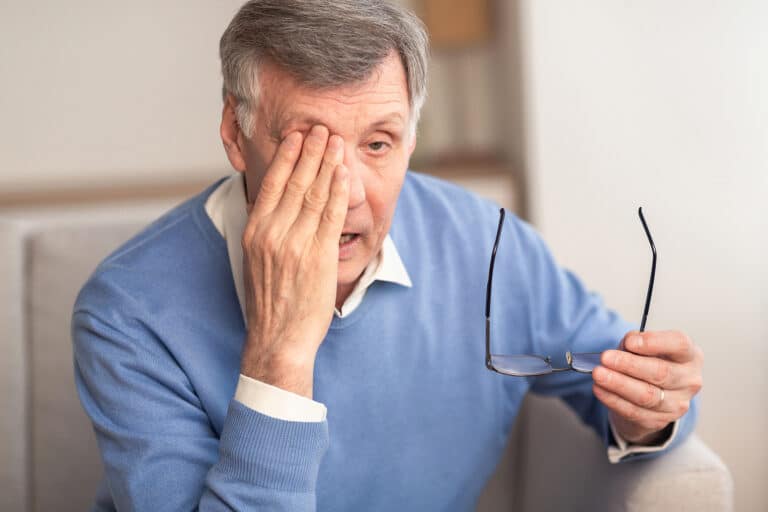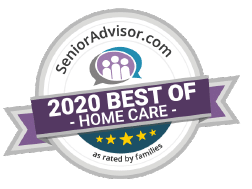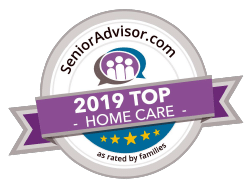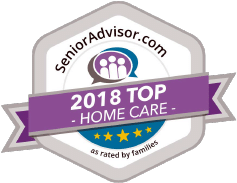Did you know that glaucoma is a really common eye disease? If it goes untreated, it can even cause blindness. That’s why it’s very important to catch it early and listen to what your doctor recommends. Home care can play a vital role in managing this condition, especially for seniors who may find it challenging to travel to medical appointments or adhere to medication schedules.
What exactly is glaucoma?
Glaucoma is a medical condition that results in damage to the optic nerve of the eye, and worsens gradually over time. Glaucoma is generally linked with increased pressure in the eye, called intraocular pressure, which can harm the optic nerve and disrupt the transmission of visual information. If the optic nerve sustains enough damage, it can result in permanent vision loss and eventually total blindness within a few years.
Glaucoma is a hereditary disease that typically develops in the later stages of life. Early signs of pain or vision loss are not typically present in those who develop glaucoma, making it important to have regular eye doctor appointments for detection. Glaucoma-related vision loss is irreversible, but lowering eye pressure can potentially preserve remaining sight. By adhering to the treatment plan recommended by your doctor and scheduling regular eye examinations, it may be possible to maintain your remaining vision.
Glaucoma can lead to blindness if not treated properly, making it a serious concern for seniors. Treating glaucoma, slowing down its progress, and managing its symptoms is crucial for aging adults, family caregivers, and home care providers to cope with vision loss effectively. Home care assistance can play a significant role in helping seniors with glaucoma manage their condition and prevent its progression.
How Home Care Providers Help Seniors with Glaucoma
Assistance with Medications
Home care assistance providers can help seniors with glaucoma manage their medication regimen. They can remind seniors to take their medications on time and ensure that the medications are taken as prescribed.
Assistance with Daily Activities
Seniors with glaucoma may experience vision loss, which can make daily activities challenging. Home care providers can assist seniors with tasks such as cooking, cleaning, and shopping, which may become difficult as vision decreases.
Regular Eye Exams
Home care assistance providers can ensure that seniors with glaucoma receive regular eye exams and follow up with their eye doctors if any changes are detected.
Monitoring the Progression of Glaucoma
Eldercare providers can monitor the progression of glaucoma and alert the senior’s doctor if any changes are detected.
Education
In-home care can educate seniors with glaucoma about their condition and provide tips on how to manage their symptoms. This can include information on lifestyle changes that may help slow the progression of the disease.
Fall Prevention
Vision loss due to glaucoma can increase the risk of falls. Companion care at home can help prevent falls by ensuring that the senior’s home is free from hazards and assisting the senior with walking and moving around safely.
Seniors with glaucoma require specialized care to manage their condition and prevent its progression. Home care providers can offer invaluable assistance in this regard by ensuring seniors receive regular eye exams and providing assistance with daily activities. By working collaboratively with healthcare providers and families, home care providers can help seniors with glaucoma maintain their independence, improve their quality of life, and manage their conditions effectively.
If you or an aging loved one are considering Home Care in Chapel Hill, NC, please contact the caring staff at Affordable Family Care.
Serving Raleigh, Greensboro, and the surrounding areas in North Carolina. Call today at (919) 676-1070
- The Benefits Of Home Care For Seniors With Arthritis - April 9, 2025
- Does Your Mom or Dad Need 24-Hour Home Care? - March 27, 2025
- Why Sun Protection Is So Important For Seniors - March 7, 2025







